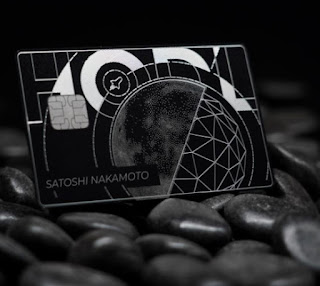
The post Ripple Vs SEC: XRP Lawyer Explains How SEC May Have Snatched Defeat From the Jaws of Victory appeared first on Coinpedia Fintech News
Attorney John E. Deaton affirms his belief that the SEC is not working in accordance with the law but rather with the goal of increasing its control over the growing market. He explained in detail about the Howey test and how the SEC is using it.
John explained the SEC’s argument for summary judgment against Ripple in a tweet today. He opened by saying,
“Defendants do not dispute that they offered and sold XRP in exchange for ‘money’, which suffices to establish the ‘investment of money aspect of the Howey test. Defendants’ statements and efforts as to XRP…establish the other aspects of the Howey test as a matter of law.”
Regardless of the seller or the circumstances surrounding the sale, he said that all XRP traded in the secondary market, comprise securities. He then added that the SEC skips over the analysis and claims that XRP itself, the token, stands in for the common enterprise.
He then said that the goal of the escrow account was to serve as a reminder to investors of the collective enterprise that XRP stood for. Hence, XRP stands for the common enterprise here.
Deaton explained how the SEC’s circular thinking is flawed. According to the SEC, each purchase of XRP instantly fulfills all prongs of Howey because it represents both the common enterprise and investment contract.
On a different note, not everyone is in favor of using the Howey test to register crypto assets; they frequently claim the test is more effective when used to prosecute fraud cases. Pointing out the SEC, he said that this is not how the Howey test is applied, and it is not an illustration of how the law works, as he states in his amicus brief.
According to him, the SEC’s argument, if proven correct, would set a risky precedent, even if one hates Ripple and thinks that XRP was offered as a security.
“The SEC didn’t allege or prove specific transactions but claimed ALL transactions – past, present, and future – meet the Howey test as as a matter of law,” he added.
For the unversed, the four components that make up the Howey test are frequently referred to as prongs. The test states that a transaction is a security if it (1) an investment of money, (2) in a common enterprise, (3) with the expectation of profit, or (4) to be derived from the efforts of others.The test can only be used retrospectively, and all four test conditions must be satisfied.
from Coinpedia Fintech News https://ift.tt/xcfWyiG


 of this
of this  , I’m going to quote the
, I’m going to quote the 


0 Comments